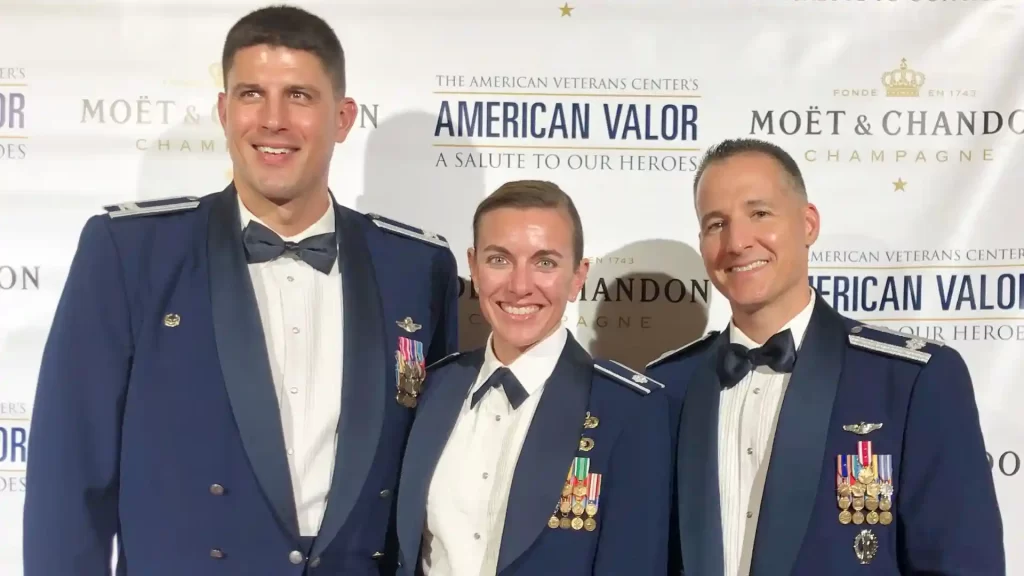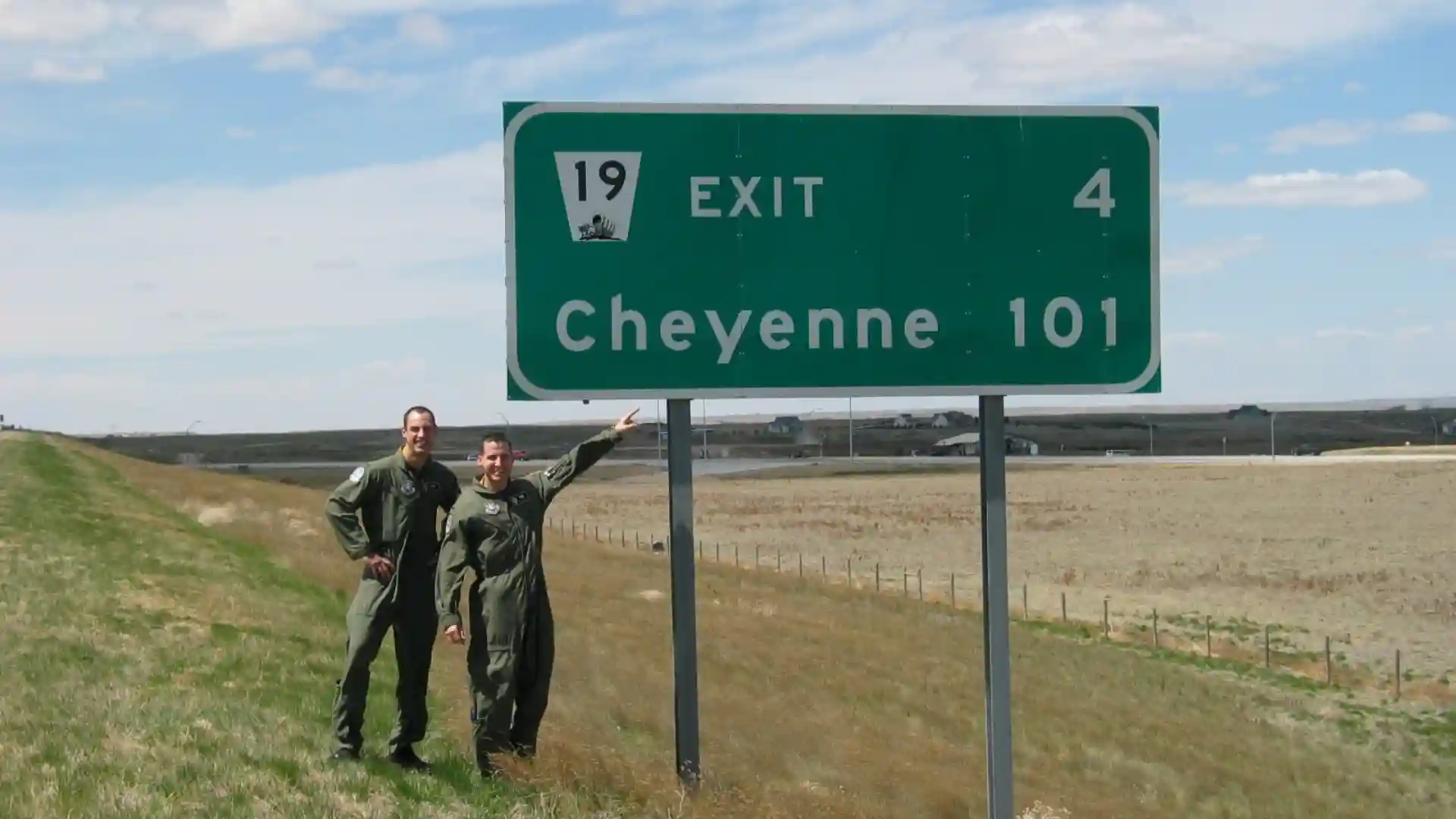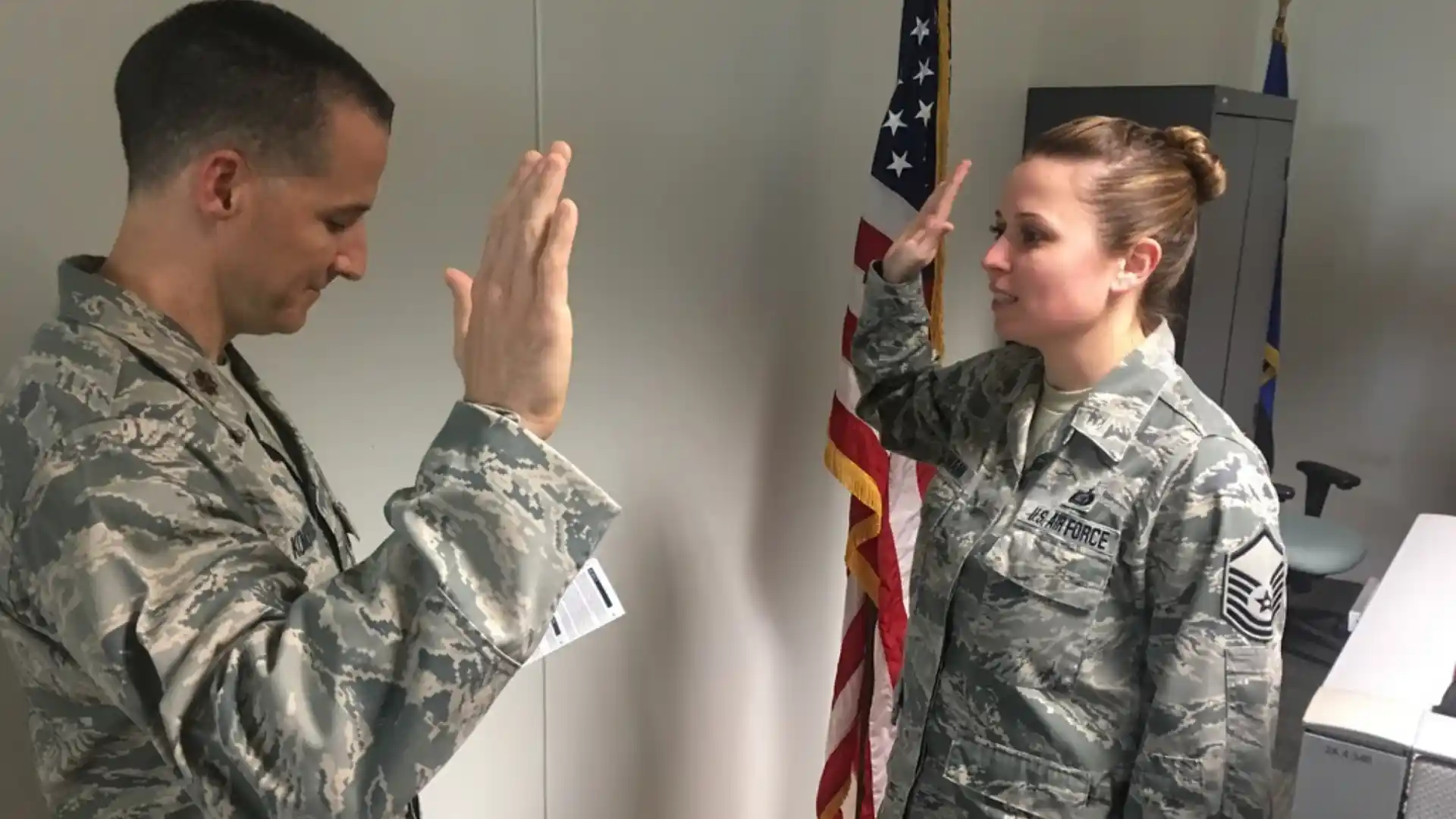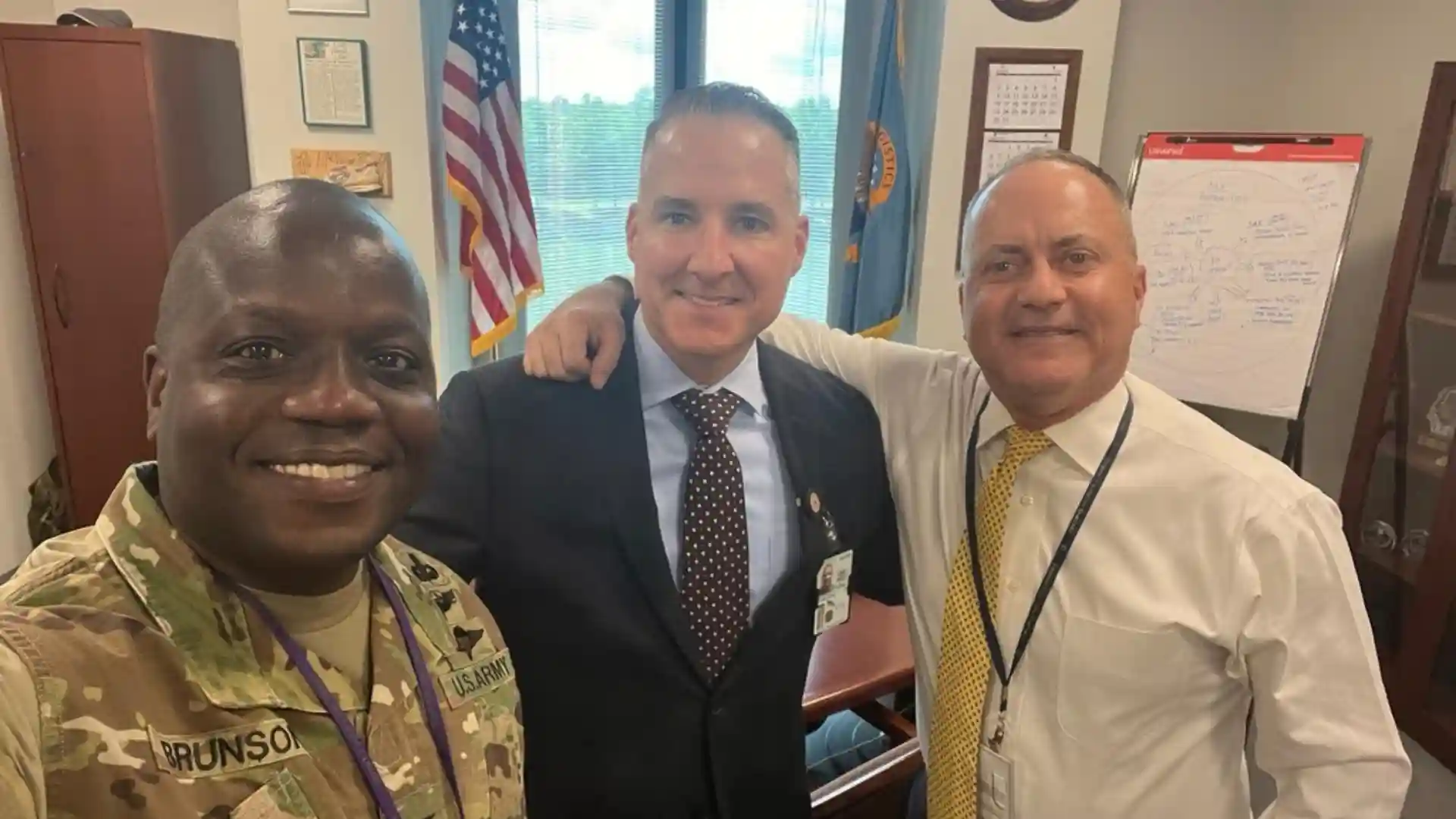The U.S. Navy isn’t just a career—it’s a journey that shapes who you are. It teaches you discipline, resilience, and the kind of teamwork that sticks with you for life. I remember my first time walking up the gangway—it was humbling. Everything I thought I knew changed once I stepped aboard. And yet, outside the Navy, not many truly get what that life feels like. That’s why podcasts are so powerful.
Today, more Navy veterans and active-duty sailors are opening up through podcasts, sharing stories only they can tell. These aren’t scripted tales. They’re raw, honest, and filled with leadership lessons, tough moments, and a lot of laughs.
At Voice for Valor, we bring those voices forward. Whether you’re curious about service, thinking about joining, or just want to understand your neighbor better—these podcasts let you hear the Navy, straight from the source.
Table of Contents
ToggleReal-Life Stories from Active and Former Navy Members
Every sailor’s story starts with a decision. Some join because of family tradition. Others want a fresh start. For me, it was purpose—I wanted to do something that mattered. That first conversation with a recruiter? I still remember the nerves.
Our podcast guests share those same feelings. They talk about leaving behind familiar lives, stepping into the unknown, and finding something more. Some served after 9/11. Others were looking for direction. But all of them share how the Navy shaped their future.
Boot camp is usually the first real shock. I’ll never forget my RDC shouting at 0500—welcome to Navy life. From there, it’s all about grit. And through our episodes, listeners hear how that grit turns into growth.
Deployment brings its own tests. Whether it’s humanitarian missions or tight quarters on a carrier, we’ve featured stories that capture that shift—from training to action, from being unsure to leading under pressure.
What It’s Really Like Living on a Navy Ship
Living on a ship is something you have to experience to believe. I’ve done it. Tiny racks, galley chow, endless drills—it’s a floating city with its own rhythm. Some days blur together, others you never forget.
Our guests paint that picture clearly. You’ll hear about long hours, tight spaces, and friendships forged in the chaos. I still smile thinking about steel beach cookouts or staring at the horizon during a midwatch.
But there’s more. We also talk about things not seen in the movies—like loneliness, mental fatigue, and missing life back home. When these stories come out, they help others feel seen. They say, “you’re not alone.”
Through those moments, listeners learn what ship life is really like—both the highs and the hard truths. And trust me, once you hear those pipes clanging at 0400, you’ll understand just how real it gets.
Brotherhood, Mental Health, and Moments of Humor
Navy life is intense, but it builds bonds that last forever. I still talk to my old crew. We’ve been through it all—stress, joy, and loss. You’ll hear that in every episode we record.
Guests talk about their shipmates like family. And they mean it. These are people who stood beside them through thick and thin. The podcast gives those stories space—space to laugh, grieve, and remember.
We also talk openly about mental health. PTSD, anxiety, the struggle to transition—I’ve had those talks with buddies after deployment. On our show, sailors speak their truth. And that honesty helps others heal.
We don’t shy away from the tough topics. Suicide prevention, sexual trauma, substance abuse—these conversations are hard, but they matter.
And yes, there’s humor too. We laugh a lot. Because that’s how we survive. Ever get chewed out for mismatched socks during inspection? I have. And somehow, we turned it into a running joke.
These moments—funny or raw—show the full heart of military life. And we honor every one of them.
How Navy Podcasts Capture the Human Side of Service
Podcasts let you feel the emotion behind the words. You hear the pauses, the crack in someone’s voice, the joy in their laugh. That’s where the truth lives. That’s where connection happens.
Some of the most powerful episodes on Voice for Valor are the quiet ones. Like when a sailor talks about missing their baby’s first steps. Or learning to trust someone from a different walk of life. I’ve been there. And when I hear others share it too, it’s like we’re all sitting around the same table again.
Each episode is a memory, a moment, a lesson. That’s why we do this—to give service members a voice and make sure those moments live on.
Why Navy Podcasts Matter to Civilians and Veterans
Most Americans never serve. That gap between military and civilian life? It’s wide. But podcasts can bridge it.
Through stories, civilians get to hear what it’s like to be gone for months, to miss birthdays, to lead when lives are on the line. These aren’t distant tales. They’re lived moments.
And for veterans? These stories are a lifeline. I’ve had people tell me, “That episode felt like my story.” That kind of connection is powerful. It’s healing.
That’s why Voice for Valor exists—to connect. To remind us we’re not alone. To share the truth of what service really means.
Sharing Stories That Inspire and Educate Listeners
The stories don’t stop at sea. Navy podcasts also inspire. You’ll hear about sailors who became engineers, CEOs, teachers—even nonprofit founders.
It’s about what comes next. One of our guests, a former Petty Officer, now runs a tech company. He credits the Navy for teaching him how to lead. I see that transformation all the time.
These stories show what’s possible. They prove that discipline, grit, and service can fuel success in any walk of life.
Want to be inspired? Tune in to Voice for Valor. Every story is proof that your past doesn’t limit your future—it prepares you for it.
Conclusion
The Navy doesn’t leave you—it stays with you. In the way you lead. In the way you care. In the stories you carry.
Through podcasting, we get to share those stories with the world. We get to honor them.
At Voice for Valor, we don’t just tell stories. We give them the space they deserve. So whether you’ve served, are still serving, or just want to understand the people who have, pull up a chair. We’re glad you’re here.







